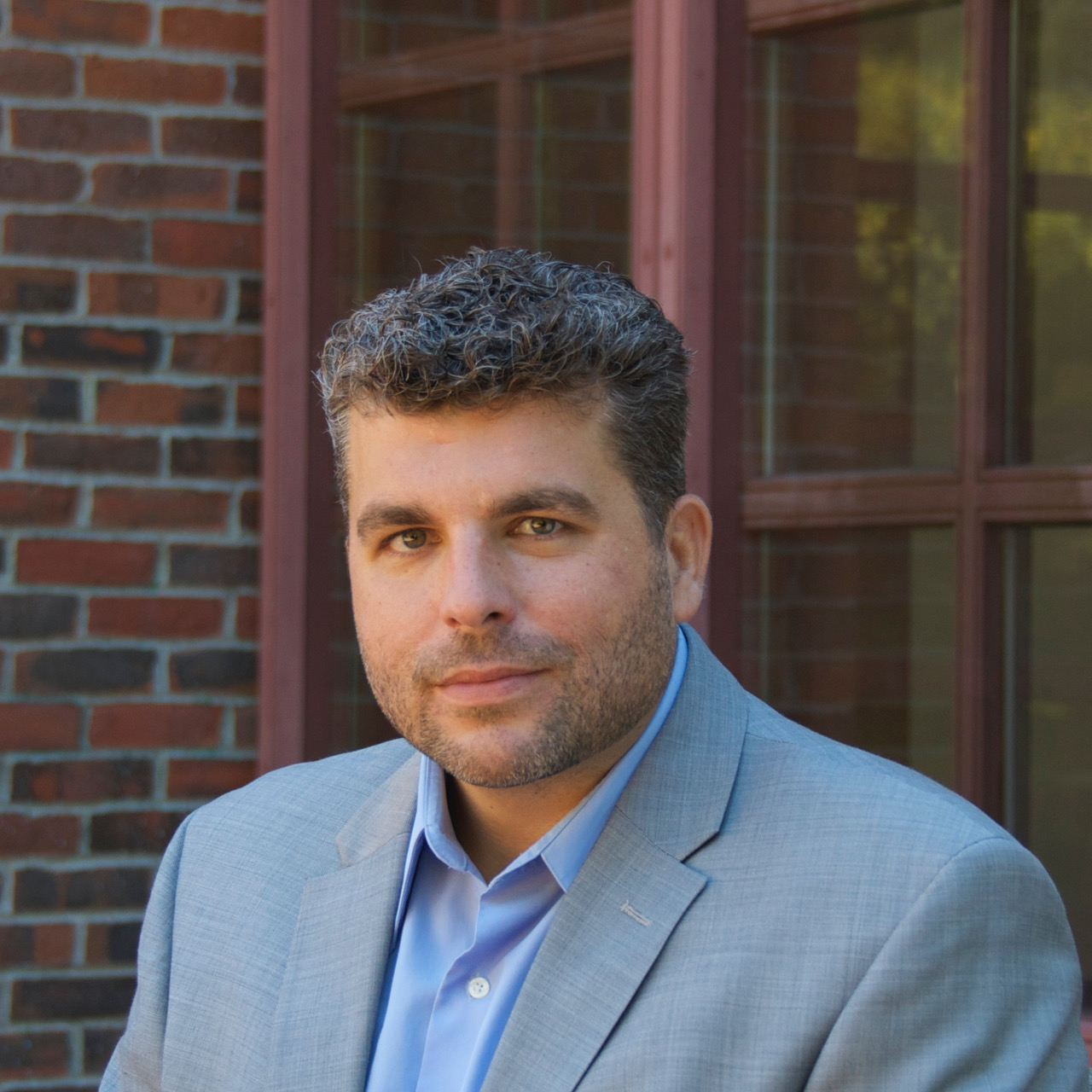Funding Summary
The PWS region of chromosome 15 consists of several genes. While we know the loss of all these genes together will lead to the characteristics of PWS, we still don’t know exactly what is the contribution of each gene. In this project, Dr Talkowski's team will use CRISPR technology (a very precise way to cut out parts of the genome) to develop advanced cellular models of PWS. Each cellular model will have precisely one gene removed from the PWS region so that we can analyze exactly how the loss of each gene affects the cellular properties of that specific model. Advanced genomic and cell biology techniques will be applied to understand how the cells differ from the parental cells. They will then be able to tell exactly how each gene being deleted will affect the cell, and which deleted genes could be responsible for the characteristics of PWS.
Cell lines developed from this project will be deposited into a biobank and made available to the entire PWS research community. This valuable stem cell resource will allow all researchers to better understand the molecular changes in PWS cells and will allow compounds to be screened using these cell lines that may become possible drug treatments for PWS.
Theresa Strong, Director of Research Programs, shares details on this project in this short video clip.
Watch the full webinar describing the 8 research projects funded in this grant cycle here.
Lay Abstract
Prader-Willi syndrome (PWS). The unique nature of this genetic event has been known for many years, but the precise manner in which it causes the developmental abnormalities of PWS is not understood, in part because the deleted region contains many genes. To address this question, we capitalized on new techniques for growing human stem cells and manipulating their chromosomes to generate cell lines having PWS deletions.
Moving forward, we will compare these cells that have been engineered to contain a PWS deletion with cells that are genetically identical except they lack the deletions. We will also use this same genome editing technique, CRISPR, to produce a series of these same cell lines with deletions of only single genes thought to be important for PWS that can then be directly compared to the PWS deletions. Specifically, we will differentiate our PWS stem cells into neurons from the hypothalamus, a brain region thought to be critically important for behavioral abnormalities in PWS subjects. We will then perform experiments to study the cellular properties of these neurons and examine expression levels for all genes, in all cases comparing neurons without PWS deletions to those having the deletions. Finally, we will create a series of cell lines with deletions of single genes within the PWS deletion region.
These studies will define changes in gene expression and cellular behavior caused by PWS deletions and establish a powerful resource for the research community, as stem cells with PWS deletions and single gene deletions can be grown into a wide variety of different types of cells. This work will naturally promote follow-up experiments using our set of single-gene deletion models, testing in each case whether a given gene is responsible for causing the differences we find to be characteristic of PWS. Ultimately, the results will provide a new, genetically precise, human cellular model system for investigators in the field, insights into how PWS deletions translate into abnormal development, and a key foundation for figuring out which genes are responsible for PWS. Hopefully, the generation of this resource and the insights it will provide will reveal new therapeutic targets for PWS, which can then be tested using our cellular system to determine whether they ameliorate PWS-associated cellular and molecular abnormalities.
Research Outcomes: Public Summary
We have established isogenic human iPSC and derived neuron models of chromosome 15q11-13 deletions and assessed the molecular and cellular signatures associated with PWS in derivative neural stem cells and NGN2-induced neurons. The results from transcriptional profiling of 59 cell models with PWS deletions strongly suggest the biological pathways including neurogenesis, neuron differentiation, cell-cell signaling, DNA replication, cell adhesion molecules, ribosome, spliceosome, bioenergetics, GnRH signaling pathway and Oxytocin signaling pathway are dysregulated in PWS. The findings from neuron phenotyping strongly suggest that PWS deletions result in electrophysiological deficits. Taken together, this study has elucidated pathogenic mechanisms associated with PWS and will provide insights into future therapeutic development and establish an invaluable resource to seed future PWS studies.
Funded Year:
2019
Awarded to:
Michael Talkowski, Ph.D
Amount:
$108,000
Institution:
Massachusetts General Hospital
Researcher:

Michael Talkowski, Ph.D.




